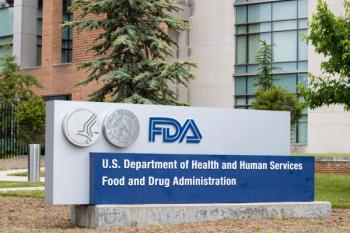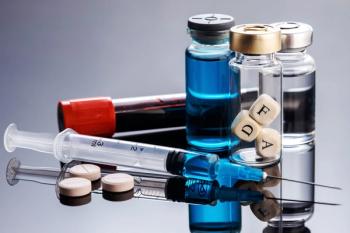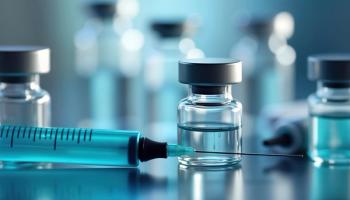
3 Creative Ways Biologic Innovators Are Protecting Their Turf
As more biosimilar agents are approved by the FDA, biologic manufacturers are looking for unique ways to hold on to market share.
Thanks to the 2010 Biologics Price Competition and Innovation Act (BPCIA), biosimilar developers got an abbreviated regulatory pathway for biosimilar approval from the FDA. But this legislation also provided a strong litigation framework for pharmaceutical companies to protect existing biologic patents.
Since the first
“Big, branded drug manufacturers have the money to get out there in ways that biosimilar companies simply aren’t budgeted to do,” he said. “They are looking at what’s worked in the past to compete when generic drugs came to market-and also coming up with new ways to hold on to market share.”
Here are three ways biologic innovators are trying to protect their turf from biosimilar competition.
1. Contract negotiations and discounts
Ginestro says that many pharmaceutical companies are engaging in “proactive” contracting once they hear that a biosimilar launch is imminent. Sacrificing top line profits in order to preserve market share.
“They want to lock in that market share and lock out potential competition,” he said. “The branded companies are in a position where they’ve already made their investment. They can, in many cases, manufacture large quantities of a particular biologic well ahead of time so the cost of sale is very low-and that gives them the ability to take a significant discount when negotiating contracts.”
Consider the recent Janssen lawsuit, Ginestro says. With their biologic drug, infliximab (trade name Remicade), Janssen had what basically amounted to a monopoly on the market. When both Pfizer and Merck received FDA approval for biosimilar versions of the drug, Janssen was able to maintain their hold on the market through exclusive contracts and bundled discounts in exchange for payer agreement not to cover biosimilars. Pfizer and Merck have since filed an anti-trust lawsuit, suggesting Janssen’s tactics violate anti-competition laws. While many thought a settlement would be reached late last year, the case remains in litigation.
“The courts will end up deciding whether this kind of approach is anti-competitive or not,” says Ginestro. “But as a branded drug, you’ve got a lot of power when you’re the only product on the market-and many of the biologic companies aren’t afraid to use it when negotiating contracts with insurers.”
2. Life cycle management
When generic drugs started hitting the market, many pharmaceutical companies worked to differentiate their original offerings with innovative delivery systems. Many of the unique pen injectors and transdermal patches came from pharmaceutical companies looking to hang on to their market share in the face of cheaper generic options. Ginestro says we are seeing similar life cycle management strategies with biologic drugs, as well.
“Amgen just released a self-administered option for Neulasta,” he says. “It’s very attractive to patients who don’t want to keep making trips to the clinic for a dose and it’s attractive to payers because it’s cheaper than having to pay a professional to do the injection.”
Developing these kinds of new delivery or alternate dose systems has been challenging for biologic companies, says Ginestro. But, that said, he believes this is another place where branded companies can differentiate their products from up-and-coming biosimilar options.
Related:
3. Education and marketing
As part of contract negotiations, Ginestro says one interesting byproduct of contract negotiations is that biologic innovators are broadcasting a message of uncertainty to the physician community.
“There’s a lot of communication about the risks of biosimilars and the fact that they are not the same as the biologics,” he says. “The branded players are getting that message out there.”
He states that, even if you disagree with the effectiveness and ethics of direct-to-consumer advertising, this is another place where branded companies have the means-and the will-to make sure the original biologic remains the go-to drug for clinicians and payers.
“These companies put together big programs at conferences, they reach out to the different physician groups-they are spending a lot of money to market these drugs,” he said. “The biosimilar folks aren’t geared up for these same kind of marketing pushes. They also tend not to have the budget to do it.”
As more biosimilar drugs come to market, it is likely that the industry will see even more creative approaches to protecting market share, Ginestro says.
“This really is more of a branded competitive marketplace than a generic one,” he said. “Biosimilar manufacturers need to treat this like a brand launch-complete with sale to marketing support, strategic selling, and targeted messaging. It’s going to be much more of a push for biosimilars than a pull.”
Kayt Sukel is a science and health writer based outside Houston.
Newsletter
Get the latest industry news, event updates, and more from Managed healthcare Executive.























